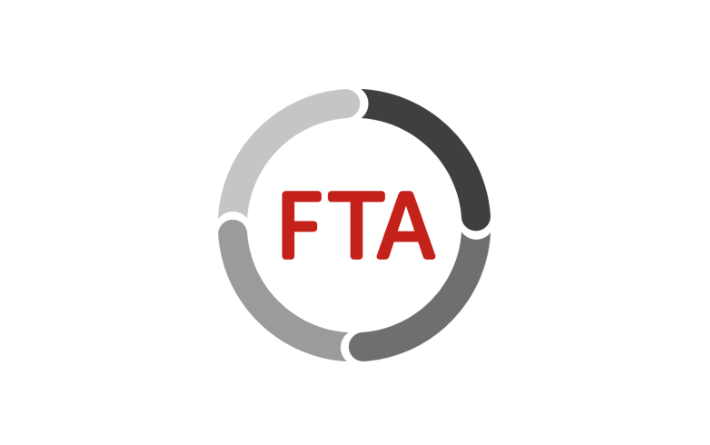Logistics needs Government support to achieve decarbonisation, says FTA

Thursday 26 November 2015
The logistics industry needs the full support of the government in order to achieve decarbonisation, the Freight Transport Association has said, following publication today of a Committee on Climate Change (CCC) report on the fifth carbon budget (2028-2032).
The report sets out the challenge for all sectors, including freight, in contributing to meeting the UK’s ambitious greenhouse gas emission target of an 80 per cent cut by 2050.
Rachael Dillon, FTA’s Climate Change Policy Manager, said: “We recognise that a move towards alternative fuels and low carbon technologies is required to significantly decarbonise the freight sector, but the industry needs support and incentives now to start making the switch. Infrastructure and added costs are presenting a real barrier for operators looking at alternatives to diesel.
“As fuel makes up on average 40 per cent of a fleet’s operating costs, industry is already taking significant steps to improve fuel and carbon efficiency.”
The CCC report supports efforts to reduce road freight emissions through operational measures such as driver training and routing and scheduling. Such actions are utilised by members of FTA's Logistics Carbon Reduction Scheme (LCRS) and beyond. The LCRS has been running for five years as an initiative for companies to record, report and reduce their carbon emissions from freight transport, and is recognised by the Department for Transport and the CCC.
Rachael Dillon continued: “We want to encourage operators of all sizes to put carbon on their agenda, and to support the many companies that are already making great progress. The CCC report highlights that freight must play its part in contributing to carbon reduction and it is vital that we can provide evidence of the efforts and progress we are making.”
Alongside operational measures, in the long term the CCC highlights opportunities for electric, gas and hydrogen fuel cell HGVs.
In a separate report by the Centre for Sustainable Road Freight (CfSRF), it is reported that the freight sector could save between 5 to 7 million tonnes of carbon by 2035 if certain measures are adopted.
CfSRF recommends 42 per cent of these estimated savings could come from improvements in logistics operations such as improved routing, use of consolidation centres, higher lading factors and a reduction in empty running. The use of longer, heavier vehicles could also play a role. A further 42 per cent of the savings could come from driver monitoring and fuel efficiency training. Remaining savings come from technological improvements such as retrofitting aerodynamic fairings and low rolling resistance tyres.
Rachael Dillon concluded: “As consortium members of the CfSRF, FTA is pleased to see that the CCC has called on its expertise to identify the key measures needed for freight to reduce emissions.”
Notes for editors
1) The Committee on Climate Change has published its advice to Parliament on the level of the Fifth Carbon Budget, covering the period 2028-2032. Carbon budgets place restrictions on the total amount of greenhouse gases the UK can emit over a five year period in order to meet the UK’s goal of reducing emissions by 80% by 2050 based on 1990 levels. The report can be downloaded at https://www.theccc.org.uk/publication/the-fifth-carbon-budget-the-next-step-towards-a-low-carbon-economy/
2) For more information on the LCRS supported by Industry Partner: Bridgestone UK Ltd, visit http://www.fta.co.uk/lcrs. Currently the scheme has over 110 members, accounting for over 77,000 commercial vehicles.
3) The Centre for Sustainable Road Freight is a collaboration between Cambridge and Heriot-Watt Universities and organisations in the freight and logistics sectors, with a major five year grant from Engineering and Physical Sciences Research Council (EPSRC).
FTA Press Office
01892 552255
press.office@fta.co.uk